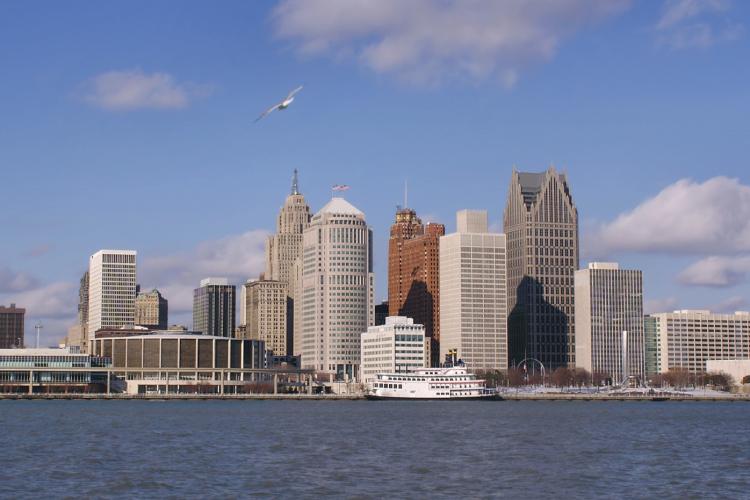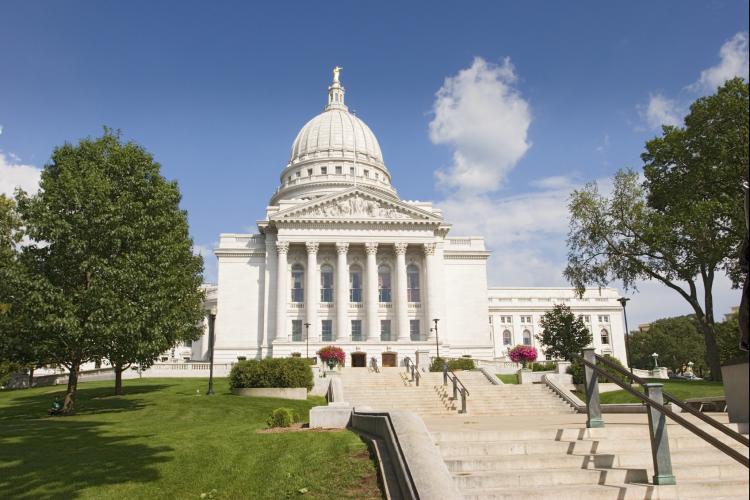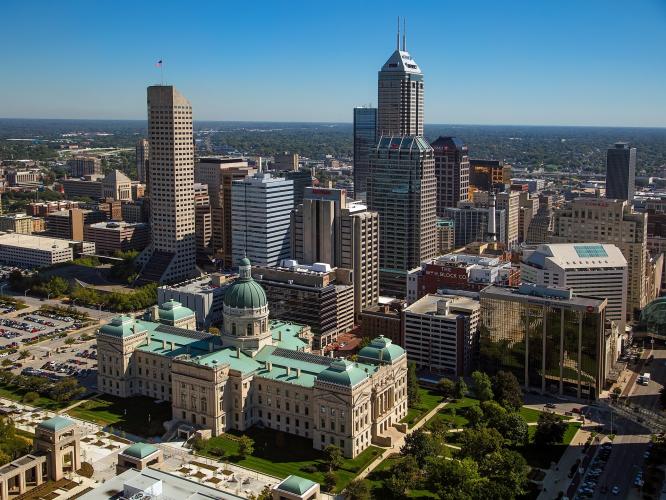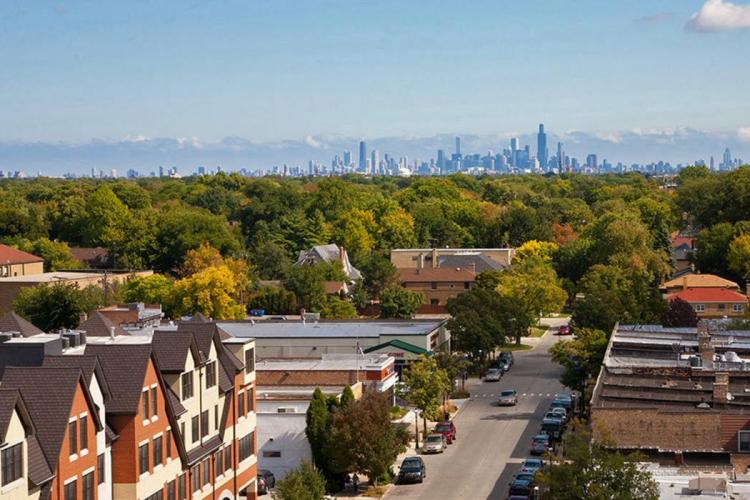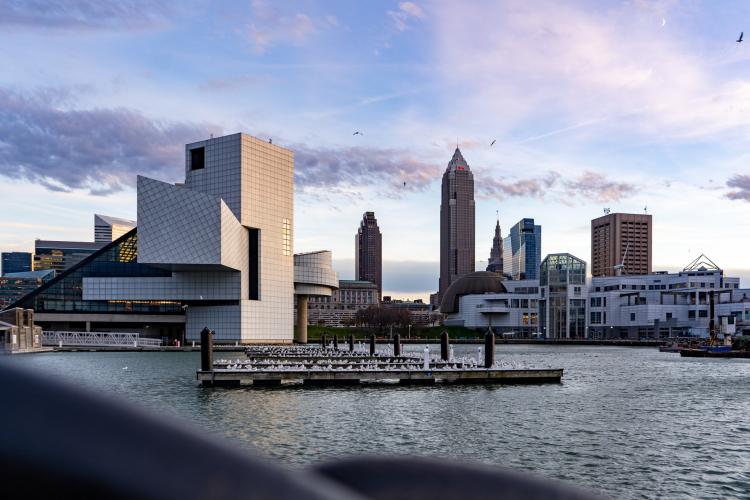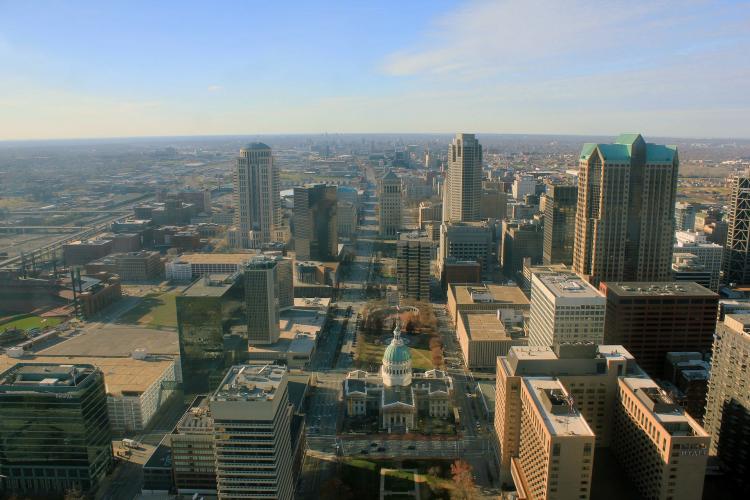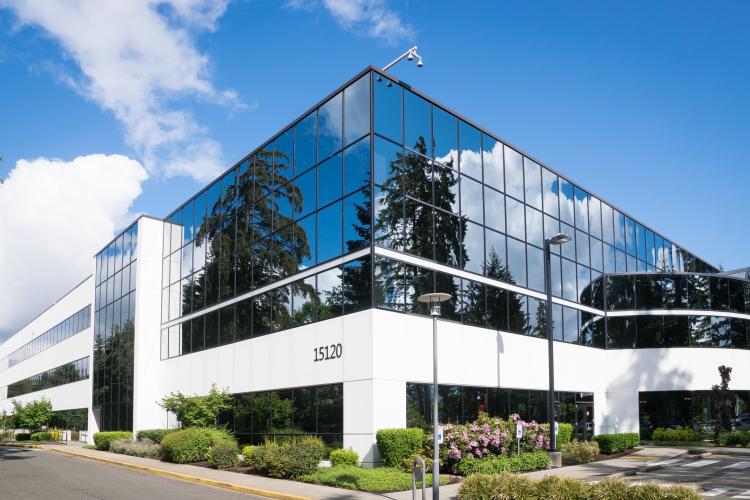Detroit Passes Benchmarking Ordinance as Part of City’s Climate Strategy
Detroit joins the forefront of sustainable urban development with the recent adoption of an energy and water benchmarking policy for existing commercial & multifamily buildings. A formal public hearing on the proposed ordinance was held on November 20, and it unanimously passed City Council the next day.
